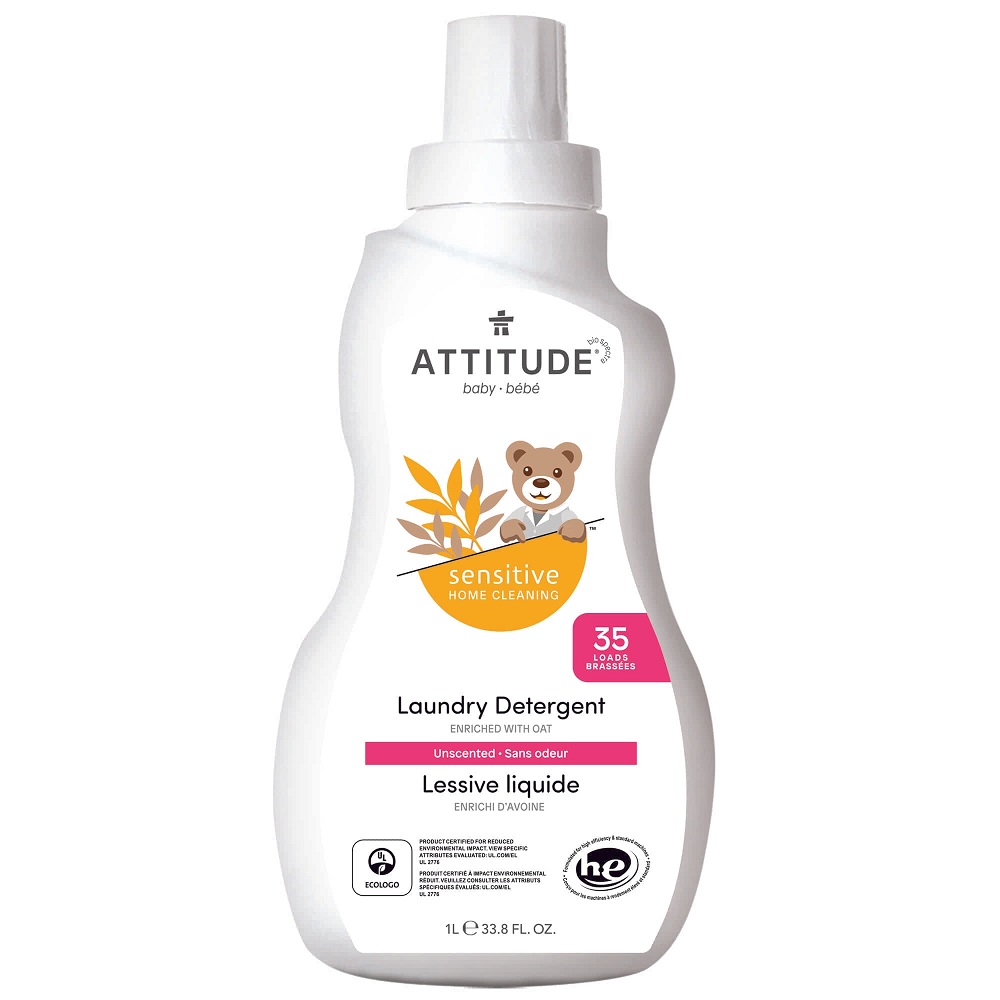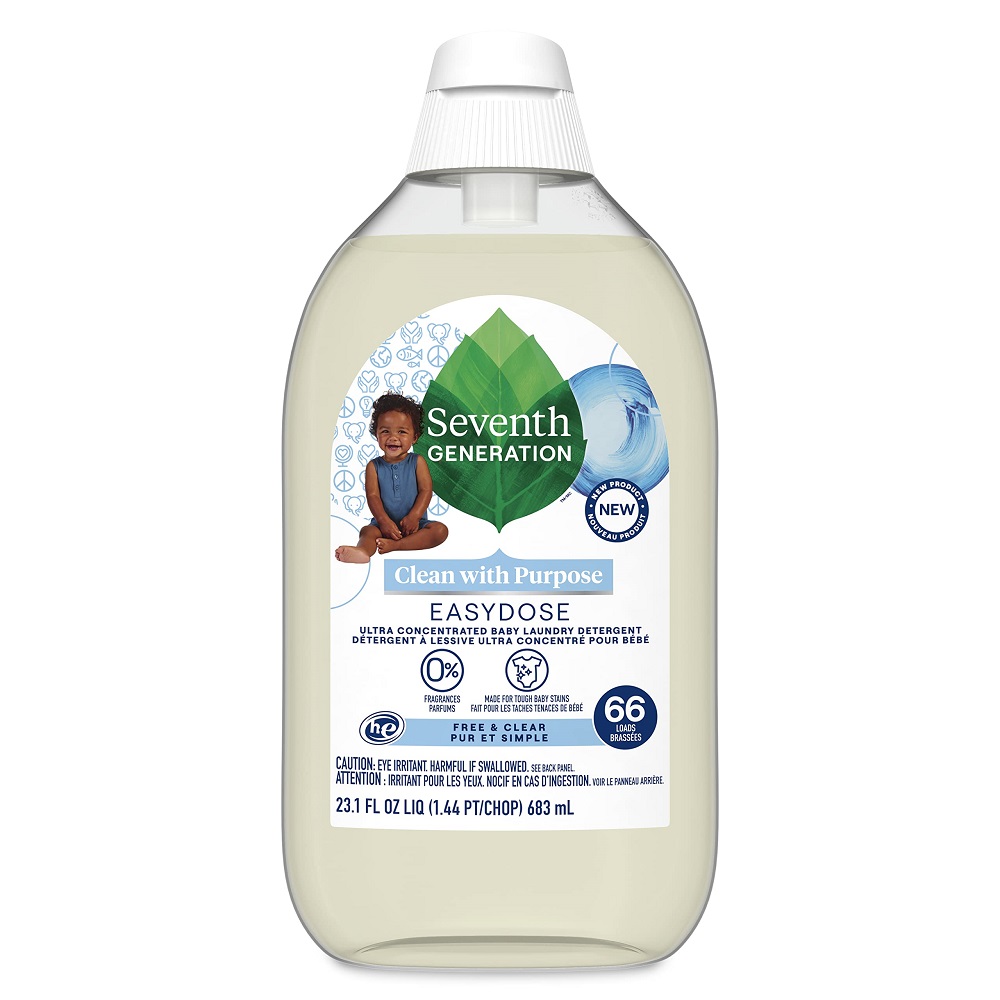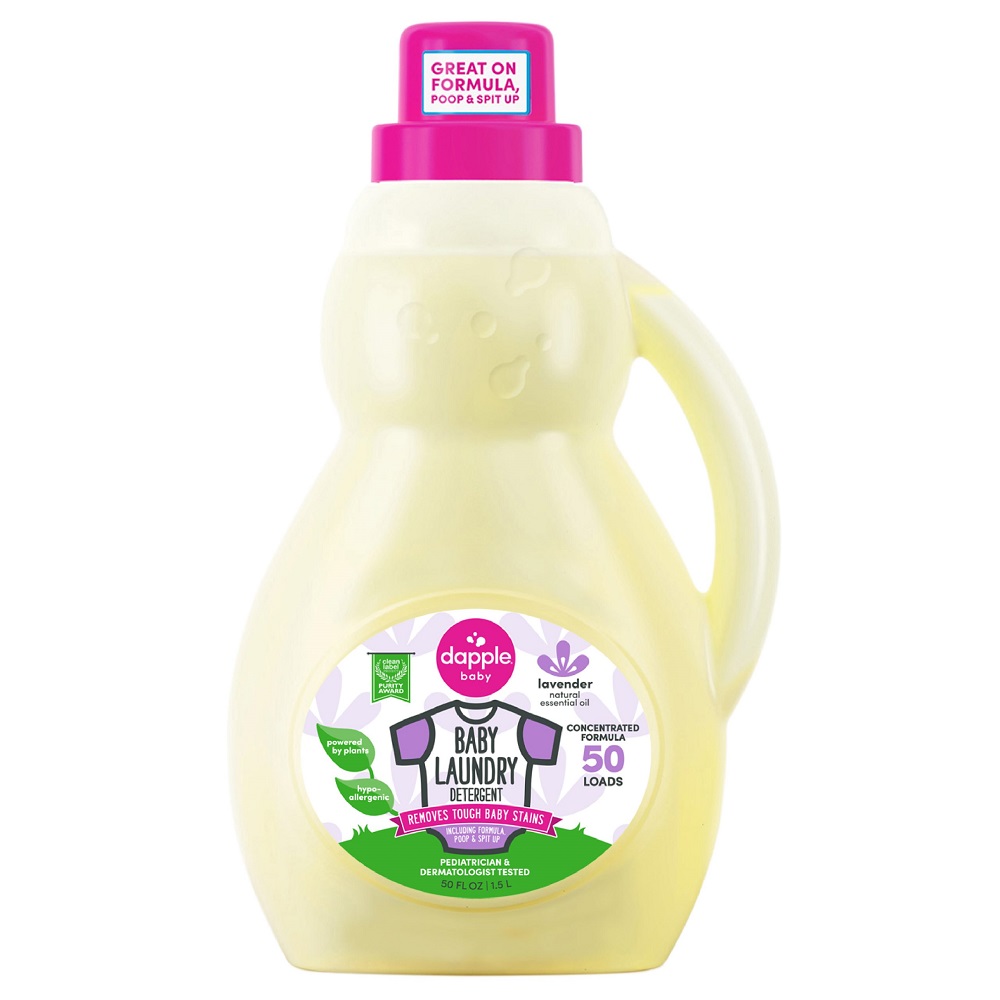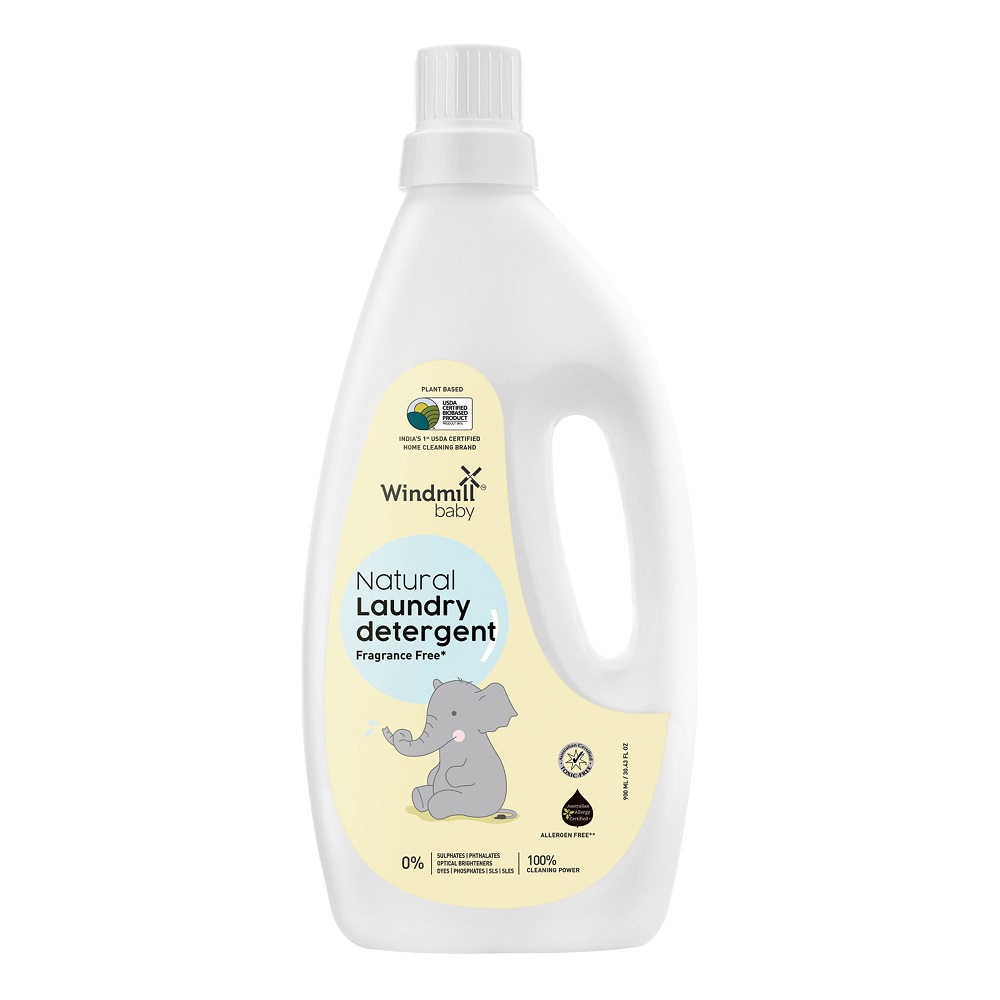Understanding Baby Eczema and Laundry Care
Caring for a baby with eczema involves more than moisturizers. It’s also about the laundry products we use. Certain detergents can trigger skin irritation, making eczema worse.
The Link Between Laundry Detergent and Eczema Flare-Ups
Babies with eczema have sensitive skin that reacts to certain ingredients in laundry products. These ingredients can cause redness, itching, and more severe eczema symptoms.
Key Features of Eczema-Friendly Laundry Detergents
When picking a detergent for eczema-prone skin, look for these features: hypoallergenic, free of dyes and fragrances, and gentle on the skin. These products help prevent eczema flare-ups and keep your baby’s skin calm.

Top Laundry Detergent Choices for Babies with Eczema
Finding the right laundry detergent is crucial for managing baby eczema. Here are our top picks.
Hypoallergenic Formulas for Sensitive Skin
Detergents labeled hypoallergenic are less likely to irritate. They lack harsh chemicals and fragrances, making them ideal for eczema-prone skin.
Plant-Based and Chemical-Free Options
Select detergents made from natural ingredients. These options are gentler and prevent chemical irritants from affecting sensitive skin.
Recognized Brands by Dermatology Associations
Look for brands that have endorsements from reputable dermatology associations. These products meet strict standards suitable for sensitive skin.
The Benefits of Organic Soapberries for Laundry
The use of organic soapberries for laundry offers significant advantages, particularly for babies with eczema-prone or sensitive skin. These natural berries provide a gentle yet effective cleaning solution without the harsh chemicals found in traditional detergents.
Natural Cleansing Properties of Soapberries
Soapberries, known for their natural saponins, act as organic cleansers. These saponins create a soap-like lather when mixed with water. This property makes soapberries a perfect hypoallergenic choice for sensitive skin. Being free from chemicals, fragrances, and dyes, they are less likely to cause irritation or eczema flare-ups. Their natural antibacterial and antifungal properties also ensure that clothes are not only clean but also free from odor-causing bacteria.
How to Use Soapberries as a Laundry Detergent
Using soapberries is straightforward. Place about five soapberries in a cotton bag. Include this bag in the washing machine with your laundry. These berries are effective with cold water but for heavily soiled clothes, warm water can be more effective. Each batch of berries can be reused several times, making them an economical as well as an eco-friendly option. This simple yet effective method can significantly reduce the risk of skin irritation, offering a safe and natural laundry alternative for those especially with sensitive or eczema-prone skin.
Washing Tips for Baby Garments with Eczema
Taking care of your baby’s clothes is key to managing eczema. Here are some essential washing tips.
Pre-Washing New Clothes and Bedding
Always wash new garments and bedding before they touch your baby’s skin.
This removes any manufacturing chemicals that could irritate eczema-prone skin.
Managing Water Temperatures and Wash Cycles
Use gentle cycles and warm, not hot, water to clean baby clothes.
Higher temperatures can be harsh on fabrics and your baby’s skin.
The Extra Rinse Cycle: Reducing Irritant Residue
An extra rinse helps remove leftover detergent.
Fewer detergent traces mean less risk for eczema flare-ups.
Choose best laundry detergent for babies with eczema to ensure safety.

Alternative Laundry Solutions and Additives
When it comes to eczema-prone skin, the choice of laundry additives also matters. Besides traditional detergents, there are alternative solutions. These options can either be a boon or bane depending on their use and your baby’s skin sensitivity.
Pros and Cons of Laundry Balls and Other Products
Laundry balls are an option touted as an eco-friendly alternative to traditional detergents. They work by mechanical action to help clean clothes without traditional soap. Pros: They are reusable, don’t contain harsh chemicals, and are cost-effective over time. Cons: They may not be as effective in removing tough stains or odors. It’s also hard to gauge their effectiveness on allergens or bacteria, which can be a concern for eczema sufferers.
Other products include laundry strips and detergent pods. These can be convenient and mess-free. However, pods should be handled with care since they can pose a poisoning risk if swallowed, and not all strips are free of irritating chemicals.
Use of Essential Oils and Natural Fragrances
Some parents turn to essential oils or natural fragrances to add a fresh scent to their baby’s clothes. Pros: They can provide a mild, pleasant smell using natural substances. Cons: They can still cause irritation for exceptionally sensitive skin. Always perform a patch test before adding anything new to your laundry routine.
In summary, when considering alternative laundry solutions and additives for your baby with eczema, always prioritize skin safety over fragrance or other secondary benefits. Stick to products labeled hypoallergenic and suitable for sensitive skin to reduce the risk of eczema flare-ups.
Frequently Asked Questions About Eczema-Safe Laundry Care
Addressing Concerns About Machine Washing and Detergent Choices
When it comes to machine washing baby clothes, selecting the right detergent is crucial for avoiding eczema flare-ups. Always use a hypoallergenic and fragrance-free detergent to minimize the risk of skin irritation. It’s also vital to check if the detergent is suitable for machine use; some are specifically formulated for hand washing. Furthermore, ensure you separate baby clothes from regular laundry to prevent cross-contamination from harsher detergents.
For best practice, use warm water and gentle cycles. While hot water can kill more germs, it may be too harsh for sensitive eczema-prone skin. Double-check if your chosen detergent is effectively formulated to clean without the need for high temperatures. The rinse cycle is also important—opting for an extra rinse can help remove any lingering detergent residue that may irritate the baby’s skin.
Tips for Laundering Cloth Diapers and Sensitive Materials
Cloth diapers require careful handling to prevent irritation in babies with eczema. Use a detergent that is dye-free, fragrance-free, and designed for sensitive skin. Ensuring thorough rinsing is crucial to remove all traces of detergent from the diapers.
For sensitive materials like silk or bamboo, always follow the care instructions closely. These fabrics often require cold wash settings and gentle cycles to prevent damage and shrinkage. Additionally, avoid using fabric softeners or dryer sheets, as they can leave a residue that may lead to skin discomfort.
In conclusion, when handling laundry for a baby with eczema, it is essential to use suitable detergents and washing settings that cater to their skin’s sensitivity. By doing so, you help protect against unnecessary discomfort and keep their skin as healthy as possible.

Final Thoughts on Selecting the Right Laundry Detergent
Choosing the best laundry detergent for babies with eczema is essential. It prevents flare-ups and keeps skin healthy.
Summarizing the Best Practices for Eczema-Prone Skin Care
Follow these tips for the best laundry care for your baby’s eczema-prone skin:
- Select hypoallergenic detergents to avoid skin irritation.
- Choose detergents free of dyes, fragrances, and harsh chemicals.
- Opt for natural and organic options like soapberries for a gentle wash.
- Use warm water and gentle cycles when washing baby clothes.
- An extra rinse cycle can remove detergent residue, lowering flare-up risks.
- Pre-wash all new clothes and bedding to eliminate manufacturing chemicals.
- For added scent, be cautious with essential oils as they can irritate sensitive skin.
- Always double-check detergent labels for eczema-friendly certifications from reputable associations.
By adhering to these guidelines, you can safeguard your baby’s delicate skin. Gentle detergents protect against eczema while ensuring clothes are clean and comfortable.


